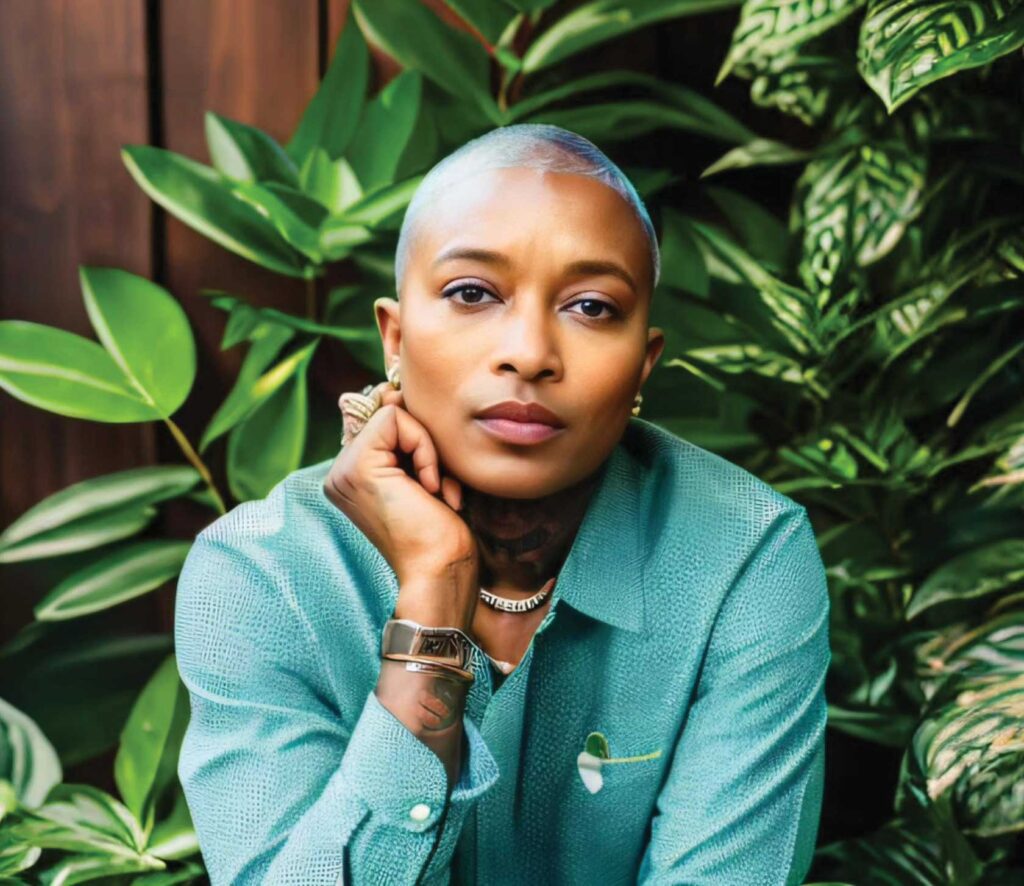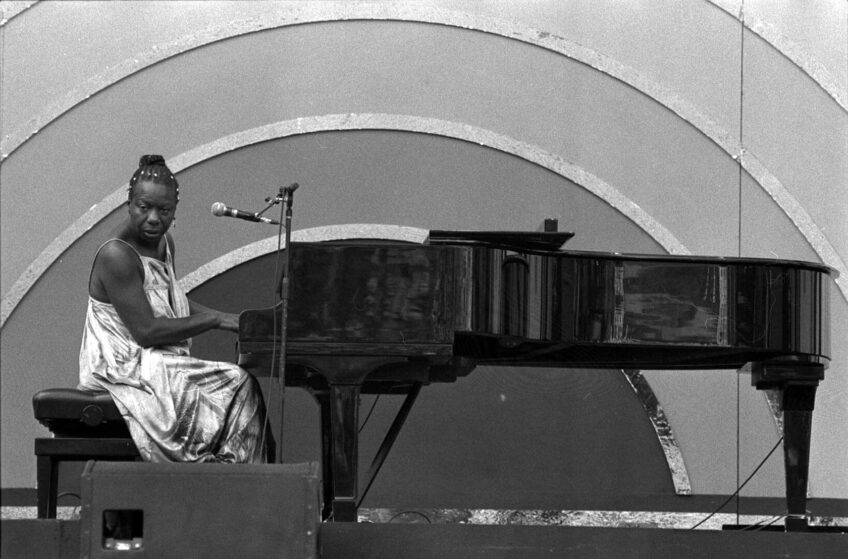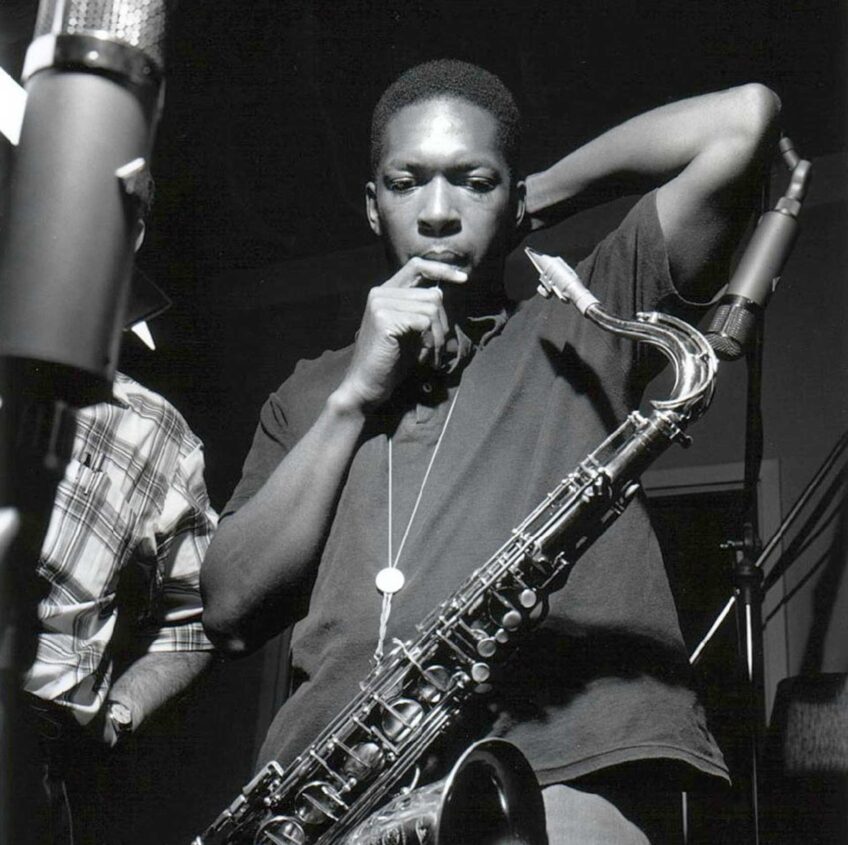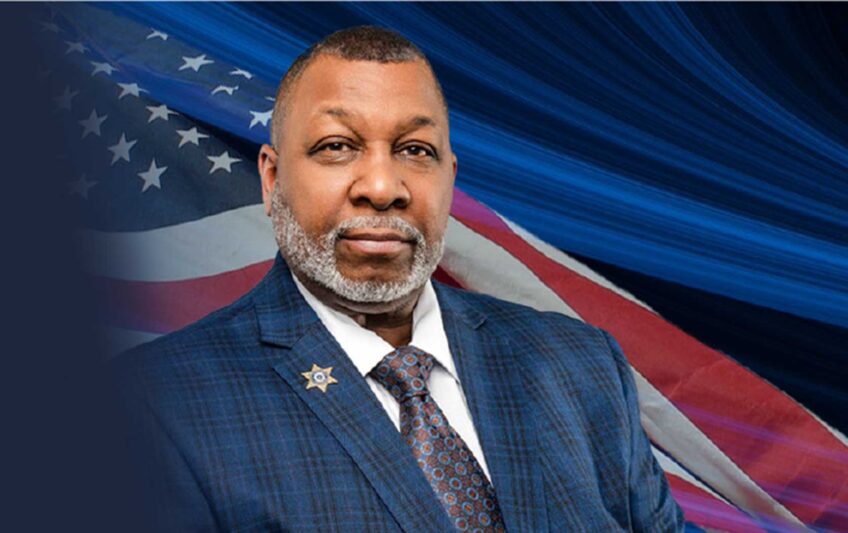
My friends in the Boston legal community were shocked when I announced I’d be retiring from what many of them considered a dream job: Judge of the Superior Court of Massachusetts.
“Why are you leaving?,” they asked. “Why give up your power and authority so soon?”
It’s true that many lawyers aspire to become judges: to preside over trials, to say what the law is, to don the black robe — these are among our profession’s pinnacle achievements.
For much of my career, I believed this too, as my resume shows. After attending Harvard College and Georgetown University Law Center, I worked as a prosecutor in greater Boston, then as a Marine Corps Judge Advocate, and then as a defense attorney before being appointed to the Boston Municipal Court in 2009. A few years later, I was named to the Massachusetts Superior Court, where I presided over civil and criminal cases.
Still, I didn’t really fit the mold of the typical judge. I was the only openly gay woman on the bench in the entire state and one of only two Black jurists in Massachusetts.
As recent history shows, when Black leaders hold positions of power — be they university presidents (Claudine Gay of Harvard), corporate executives (Rosalind Brewer of Walgreens), or professional sports coaches (Brian Flores) — their grasp on power is tenuous, subject to constant scrutiny and undermining. My experience was no different: I was accused of being a gang member, even as I wore the judicial robe.
After a decade-and-a-half of putting on the robe and presiding over trials — commercial disputes, employment litigation, murders, fentanyl trafficking — I found myself boxed in to the restricted and tokenized role of the Black, rebellious, gay judge.
And I wanted out.
The fact is, in the 15 years that I donned my judicial robe and presided over criminal trials, on many days I felt like a traitor to my own people. Those badges of honor and distinctions were of little comfort when I found myself, day in and day out, presiding over a criminal justice process that aggressively targets Black and brown Americans.
Racial bias jumps out when you examine the outcomes of our criminal justice process, that is, data on convictions and incarcerations. In my last few years on the bench, many judges finally learned that people of color are drastically overrepresented in Massachusetts state prisons. Massachusetts Sentencing Commission data reveal that the Commonwealth significantly outpaced national race and ethnicity disparity rates in incarceration: Black people and Latinx people, respectively, are nearly eight times or five times more likely to be imprisoned than white defendants.
These racially biased outcomes flow from the racially biased inputs that scholars have observed at various stages throughout the criminal justice process: prosecutors who exercise their charging discretion in a racially biased way; police departments that selectively and aggressively enforce laws against Black and brown people; and government lawyers who single out Black and brown people for prosecutions while giving a pass to similarly situated white offenders.
Knowing what I know and seeing what I’ve seen, in partial answer to my friends’ questions, I paraphrase the sage words of innocence icon Bryan Stevenson: How could I not step down (flee?) from the bench? How can I not go into the breach and fight systemic racism in the trenches?
Put simply: I hung up my robe a year shy of qualifying for a pension because my life’s mission of seeking equal justice under the law is better served advocating for those unjustly accused rather than refereeing cases.
And that’s why my first case out of the gate is to represent Carlos Watson and OZY Media in a trial in federal court in Brooklyn, New York, later this spring.
In doing so, I join Harvard Law Professor Ronald Sullivan Jr. in defending Carlos — my friend from our undergraduate days at Harvard — and OZY against misguided fraud charges that, if the government has its way, will send Carlos to prison for 37 years.
Carlos’ case provides a lens into racial discrimination taints the prosecutorial process before cases even go through trial. Sullivan has already documented that the three federal prosecutors in Carlos’ case — Jonathan Siegel, Gillian Kassner and Dylan Stern — have a record of pursuing Black and brown defendants at disproportionate rates.
Combing through data from the federal court’s docketing system, the U.S. Census Bureau, the U.S. Bureau of Prisons, legal filings and other credible sources, Sullivan revealed that 90% of criminal defendants in these three prosecutors’ cases are Black or brown persons; whites have been defendants in only 6% of these prosecutors’ cases. Needless to say, these numbers are wildly out of line with the actual racial makeup of the population of the Eastern District of New York. Even more shocking, in Carlos’ case, he was never even based in Brooklyn — the home base of other (white) media executives who engaged in actual criminal conduct — but literally on the other side of the country, in California.
How is that for selective prosecution? (Sensing their vulnerability to the selective prosecution argument, the same prosecutors have asked the judge to prevent Carlos from even arguing that race played a factor in the government’s decision to target him.)
Carlos and I lived in the same dorm in college — I watched him, like me, make his way through college on scholarships and part-time jobs. I saw him late in the library — and early. And I watched with pride over the years as he repeatedly bypassed cushy opportunities to try to give back and help build a much-needed mainstream media platform rooted in the black community.
And indeed, until Carlos was smeared by an aggrieved Brooklyn-based competitor in late 2021, Carlos and his family had built OZY from an idea at his mother’s California kitchen table to a bustling media empire with premium newsletters, primetime TV shows, top tier podcasts, world class festivals and more than 100 clients representing over $250 million in contracts. During its decade of operation, OZY built arguably the most diverse workforce in mainstream media — with 90% of the nearly 1,000 full-time and part-time employees being women or people of color.
When BuzzFeed’s Ben Smith and his boss repeatedly tried and failed to buy innovative OZY to prop up their struggling company (BuzzFeed)), Ben quit the failing startup (BuzzFeed) to become the New York Times media columnist.
While still owning millions of dollars of BuzzFeed stock, Smith unethically and inaccurately smeared OZY, raising questions on whether he did so to derail OZY’s rise and preserve BuzzFeed’s last chance at salvation, a backdoor IPO planned for late 2021. Sadly, Smith’s plan — with the help of others — worked all too well. At least so far. (Again, and not surprisingly, the government wants the judge to block Carlos from even mentioning misconduct by BuzzFeed or Ben Smith at Carlos’ criminal trial.)
I am 53 years old. Black. American. I am a retired Justice of the Superior Court. I am originally from Chicago. And my family lives in Mississippi. I practiced law for more than 14 years — as an assistant district attorney and a criminal defense lawyer — before coming on the bench. And I am a major in the United States Marines.
Yet, I have been twice accused of being a gang member, as both a lawyer and a judge. Why? Because I am Black and live in the United States of America. The same reason Emmy Award-winner Carlos Watson and innovative OZY have been shamefully charged with criminal offenses.
Carlos and OZY are innocent. I’m proud to rejoin the fight for justice in this country by focusing my talents to fight for justice in Brooklyn.






